Detroit’s Kyle Hall on unexpected inspirations growing up in the 2000’s, playing live for the first time, and the differences between European and American dance music paradigms.
Dance music journalism tends to love two things. Paradigms and prefixes. The most common of those, “Chicago”, “Detroit” and “New York”, are not strictly indicative of a song or artist’s geographical roots, but also suggestive of a particular musical leaning or sonic character.
This obviously wasn’t always the case. In a 2022 interview with Mike Rubin, Theo Parrish expands on House music’s highly localised origins in Chicago. “Nobody messed with that shit, because we considered rap to be New York’s thing. House was ours”. Cross pollination of sound and increasing access to technological equipment quickly blurred these lines however, and territorial claims gave way to widespread phenomenon and mimicry.
“I’ve heard countless history buffs and bluffs screaming the differences separating House and Techno. So if House and Techno are so different, then what the hell is Detroit House? Listen closely to the question, and answer if you like/dare”. - Lil Louis, Instagram, 2019
In spite of House music’s now undeniable universality, geographical labels and prefixes have persisted. Richard Sen’s 2012 compilation of early British House and Acid - “This Ain’t Chicago” is an attempt to separate musical characteristics from geographical ties and showcase a distinct English variant of house music. Yet, the title still manages to evoke thoughts of Chicago as you listen, further cementing the ongoing relevance of the paradigm in dance music history and journalism. What Sen ironically suggests is that despite British House’s own individual brilliance, it can still only really be understood and appreciated in explicit reference to Chicago.
The “Chicago House” or “Detroit Techno” tag on Bandcamp is no doubt filled with artists from all over the globe (a quick browse reveals a Sydney producer sitting at number three on the “Chicago” results), proving that prefixes have long since been about anything geographical. They are instead now a means through which to understand, rationalise, and form preconceived ideas about an artist or their catalogue.
Someone like Kyle Hall is familiar with the preconceptions that accompany certain lineages and labels. Chatting over the phone with him, he explained that being so deeply entrenched in Detroit’s rich musical history is actually sometimes a limitation.
“I guess I've been striving so much to separate myself. It kind of limits me sometimes - I feel like people might be ready to listen to what I'm doing because they're already projecting an idea... but I do feel like that's changed. Like in modern times with newer fans that may not even know what some of the other stuff is, they just might find it on the internet. It's kind of cool."
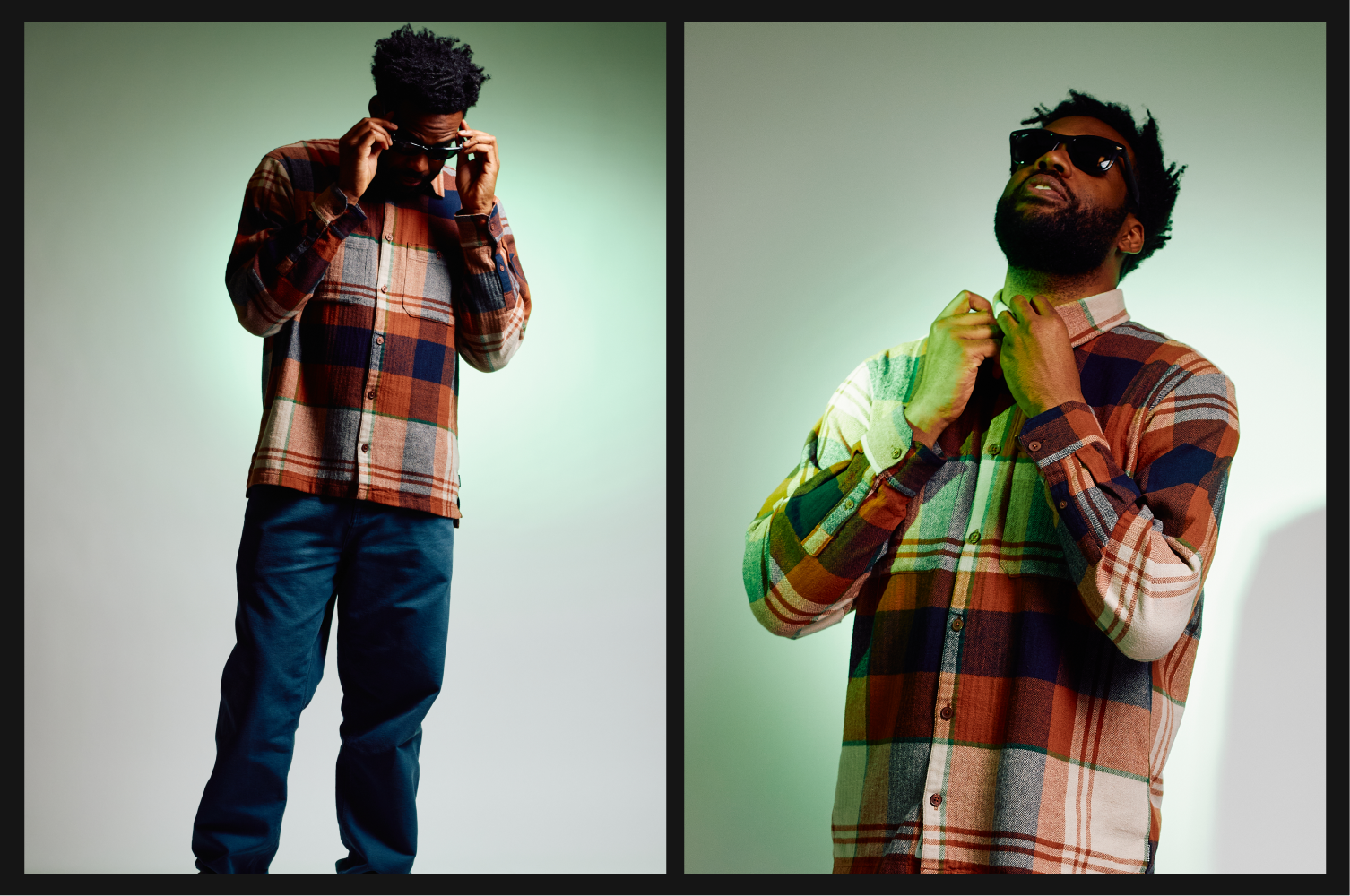
“If I could fill in some gaps, I guess, I credit DJ Raybone. He was an uncle of mine that, you know, taught me how to spin and people don't even really know about him like that. But he's one of my favourite DJs from Detroit. He plays soulful, groovy house music. I don't think Detroit is really known for soulful House. They might be known for Techno or maybe like Theo Parrish type stuff. I was buying a lot of New York records, like Shelter Records or Restricted Access records, like Frankie Feliciano. But then also buying Chicago records.
And Mike Huckaby, he did bring a lot of that through, because he worked at Record Time. And that was before I was around, but he kind of set the taste of it by curating what was in the shop. It's kind of like a global phenomenon. It's not really localised, actually, at least from how I see it."
M: Well, I was thinking things couldn't be localised anymore when you were growing up because of the internet, right? You could take from literally anywhere and whenever you wanted.
K: Exactly. And we had all those Red Bull music interviews and stuff to consume from. I feel stuff was a lot more open, because you're well, I guess 12 years younger than me, you didn't get to experience the internet in its free state, where there were a lot more things like peer to peer networking. More forums and groups and people talk to each other. Now since the iPhone came out, the technology is a lot more like handicapped in a way. But I remember things being a lot more open, and people being open minded.
M: With that, growing up when you did and having the ability to draw from everywhere, were there any totally out of the box influences?
K: When I was a kid there was a lot of video channels pre-YouTube, like Daily Motion. There was just so much stuff. And when I was in high school, I found out about Timothy Leary and stuff like that. I don't even do drugs or anything, but it was just dreamy. And Sun Ra. These characters that were kind of brought to life because we could just go down a rabbit hole and find out about them. It's like it gave you more fuel for your fire. And then having record stores accessible downtown and walking distance - it was just so much inspiration. Just being in the early 2000s, digging around when nobody really cared.
Pretty early, like 18, I went to Germany for the first time and played over there. I feel like a lot of people over here (Europe) might have a lot of cultural connections because there's a lot of overlap here because the countries are so close. But in the U.S. so many things get stylised to whatever the mass culture is at the time. I was seeing things and just visiting clubs to see how different people get down to music, and then trying to recontextualise what I do to kind of still resonate. So it's like you find common threads between vastly different people. And learn how to kind of just communicate in ways that aren't verbal.
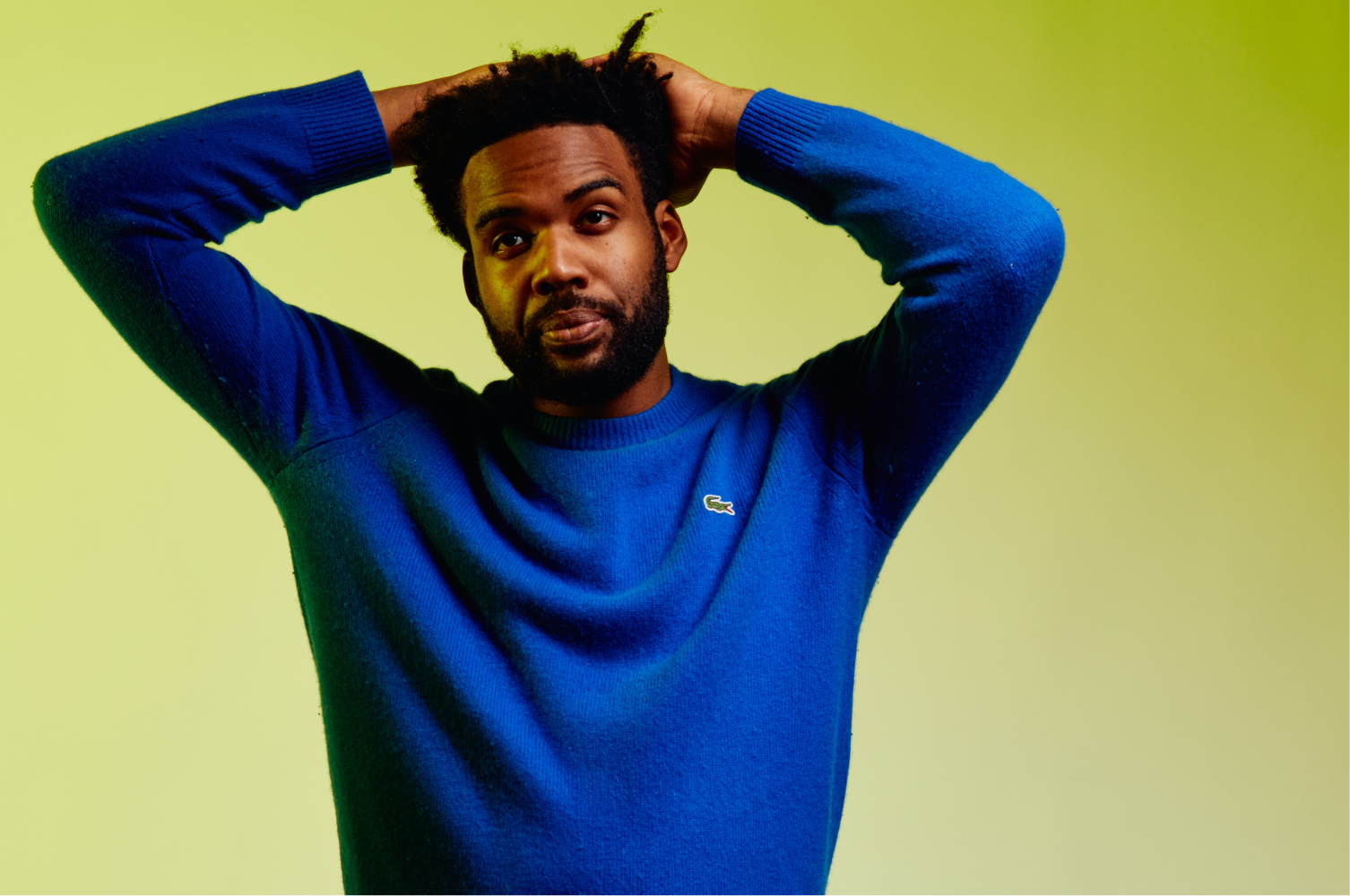
M: I was going to ask you - at any point was the music you were making a reaction to anything? Whether that was political or personal. What were you reacting to?
K: Well, for one, when I was younger, everybody else was making rap. So I was already doing something kind of left field. And I think still trying to maintain a soulful element. There was always a hope to maintain some connection, affinity with people that come from similar places. It's kind of like trying to be a diplomat, you know?
I remember going to Spain, Italy and stuff. They're used to minimal techno at the time. Most places in Europe, there's like a dominant musical culture. I totally don't really fit into those paradigms. So I still try to bring the vibration, the feeling to the people in some kind of way. You know, while still being able to maintain my integrity.
M: I saw you played live for the first time recently. How was that?
K: It was a real learning experience. I played at this festival called Mutek in Montreal, which is kind of known for left field electronic live performances. It definitely just gave me a good framework. It was just fun at the end of the day, too. But it definitely just gave me a new level of discipline, I guess. I was using two MPC 1000s and two SP404s and I had an hour worth of material between the two. It's pretty much like playing your beats live and being able to improvise as far as what pieces that you decide to go together. You can rehearse it up to a certain point, but it's nothing like when you get up there and you're getting the feedback from people energetically.
M: That's so crazy to be bringing things in as if they were whole songs, but they're actually just elements, and you have to kind of give them the same amount of weight as if you were bringing in a whole different song.
K: Exactly, exactly. And time kind of functions differently when people are in the moment. Like sometimes we feel like things should go longer than say you would, you know, in a different situation where you're just listening to them on your own. So time is really something that's altered, I notice, in the moment of performing.
M: So are you going to keep that going and expand on that?
K: I think so, because ultimately, I think it's the best way to record your music if you can do this stuff spontaneously. After I did the live set, I started just pretty much producing the way I did the set, and it's been a lot more fruitful, instead of overthinking and like editing. It's okay to edit things, but then sometimes you can get lost in the amount of options.
M: About some of your releases and output - I'm sensing you have a pretty laid back ethos about promotion. To me, it's such a contrast to some of the really excessive promotion that I've seen recently. How are you going about that these days?
K: Releasing music is kind of like my discipline. I've never really been one to really keep up with the timing of something releasing being new or old. I'm just always looking for things. So if there's people's names that are already on my radar, I just check in every now and then. I don't really use media outlets to find out about music. So I guess I'm creating in the way that I consume. And it being dance music and club music, it's kind of like made for someone else to utilise. So it already has built in motivation for purchase.
M: What did you wish that you could have told yourself when you were trying to navigate coming up in the scene?
K: In regards to other people, sharing music. To have camaraderie it strengthens, and it gives energy, that's important. I think it's something you naturally do when you're younger. Because you know, you like to play with other children. And it gets you excited about your interests. But sometimes in your adolescence to teenage years to young adulthood relationships might go awry. And then you prioritise your safety and your peace of mind and not being challenged with your values. But in turn, you sometimes end up neglecting that play aspect that comes with kind of cooperating with others and sharing with others. You can't really do it in a vacuum is essentially what I would tell a younger me. You know, no matter how much you know, what you have access to, it's still other people that kind of make this interesting and worthwhile.
Catch Kyle Hall and Mazzacles at Carhartt WIP: Presents Keys To The City on November 1 at Portugal Community Club Sydney alongside 3 stages of heavyweight locals and some very special interstate and international guests running from day to night, with Planet Trip and Beat Kitchen Records. Tickets via Resident Advisor.
Stay up to date with Kyle Hall via Instagram and Soundcloud.

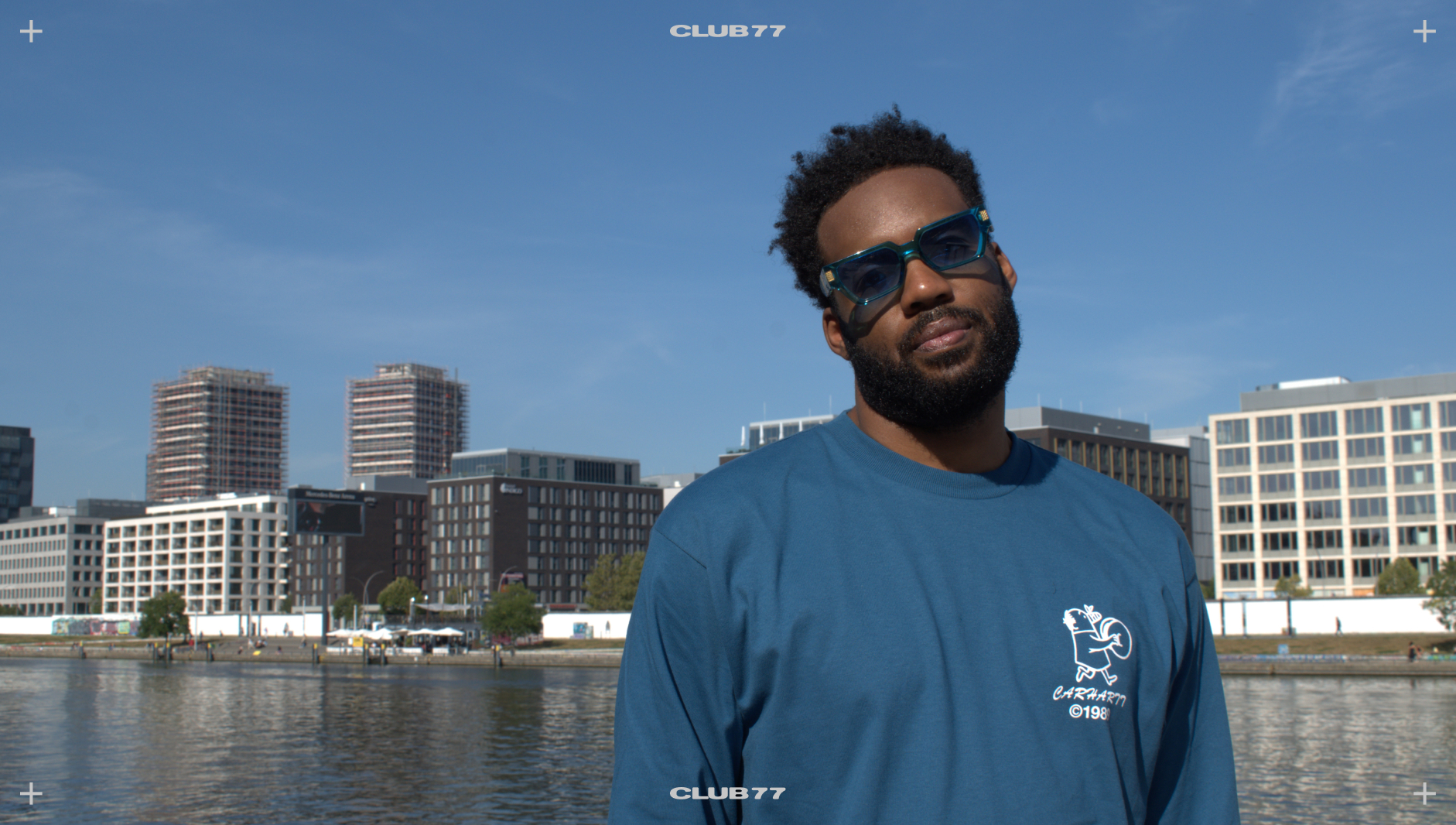
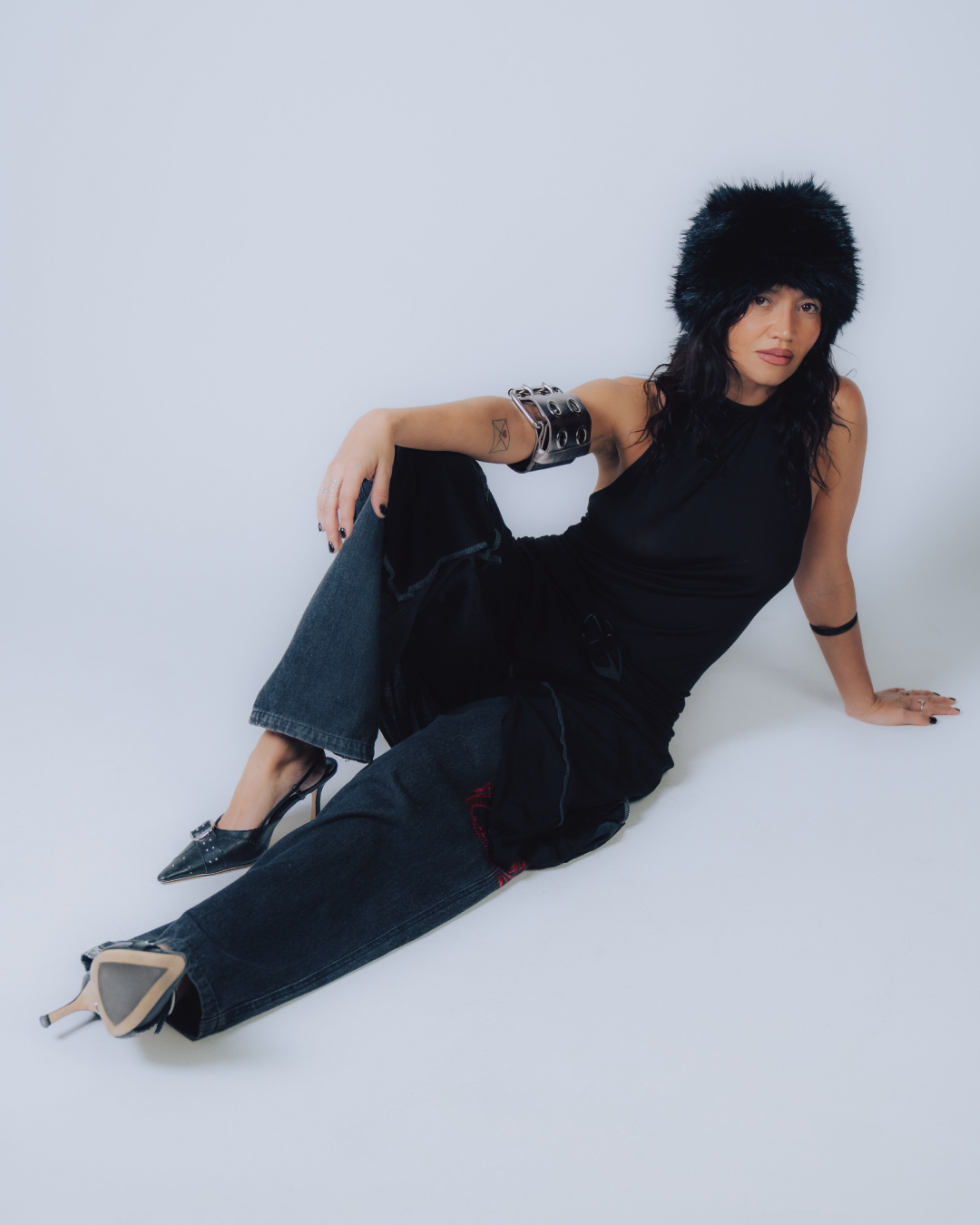
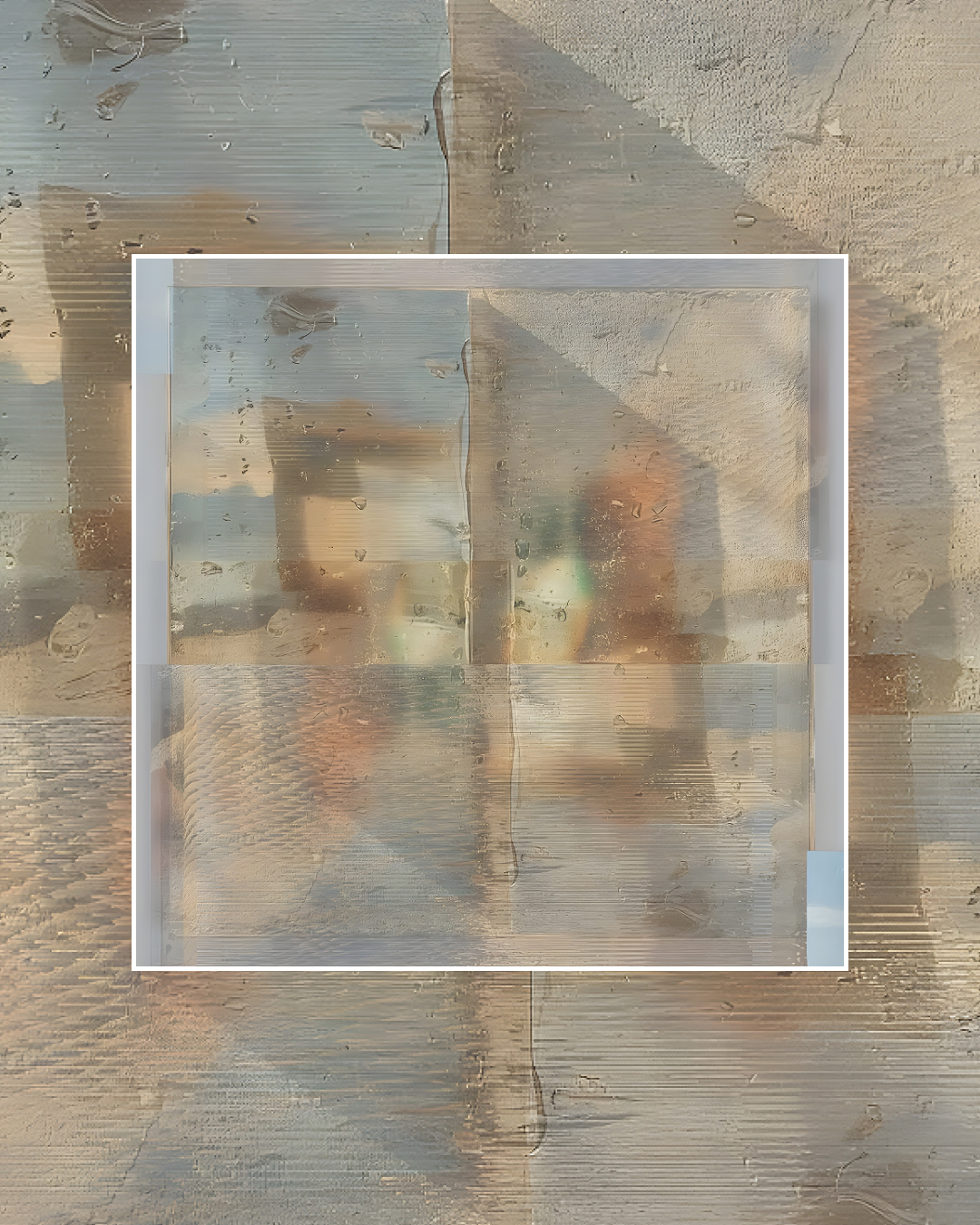

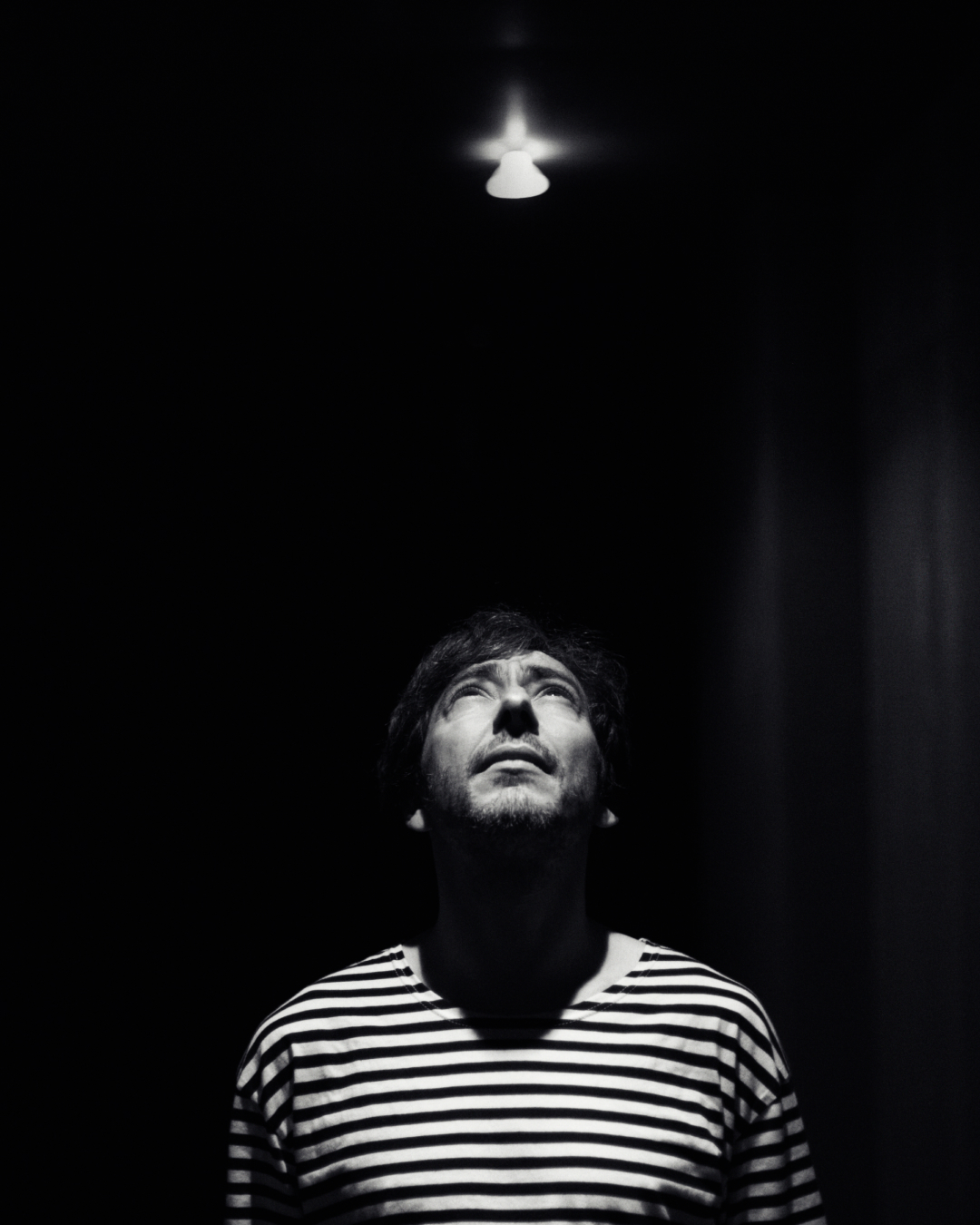
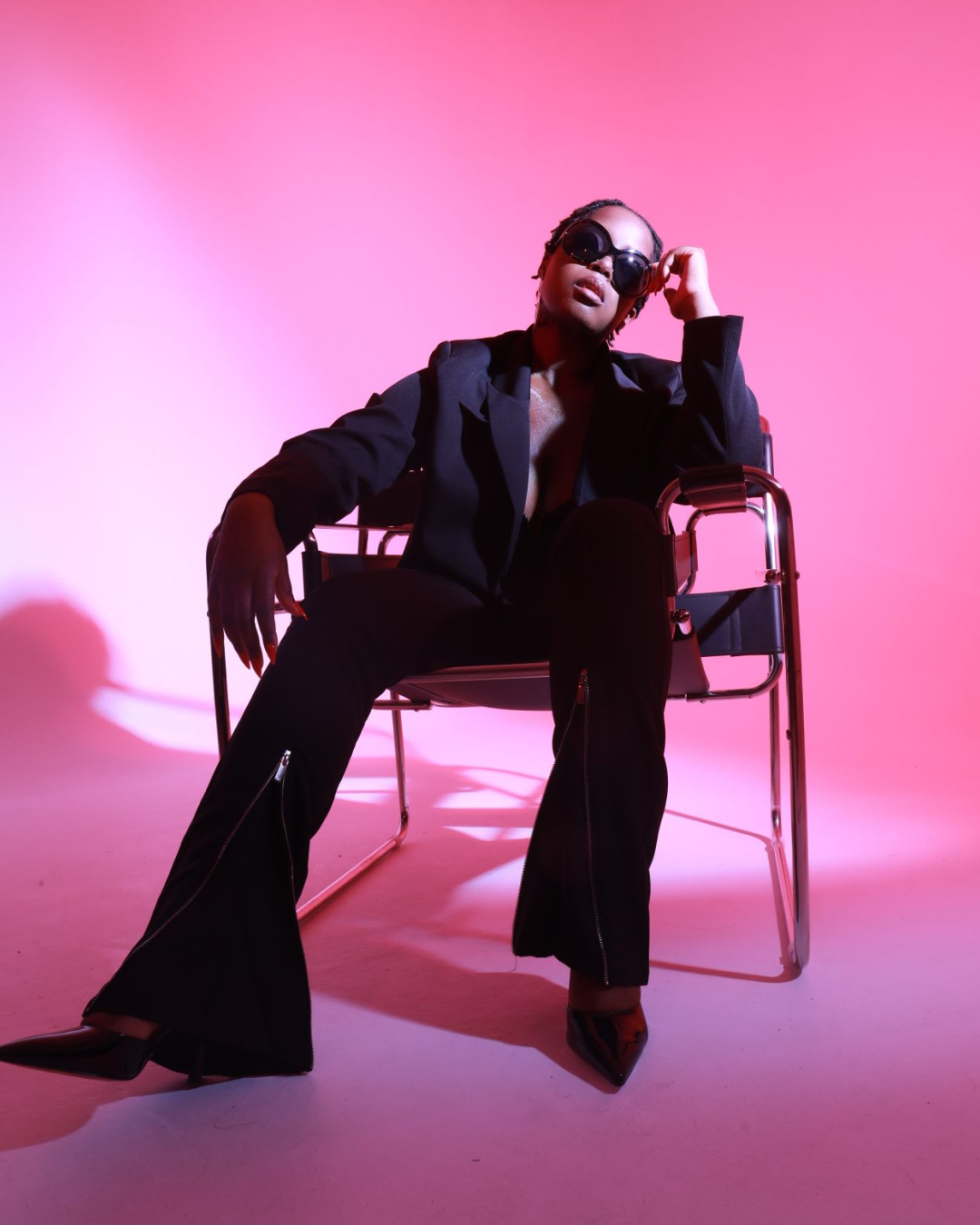

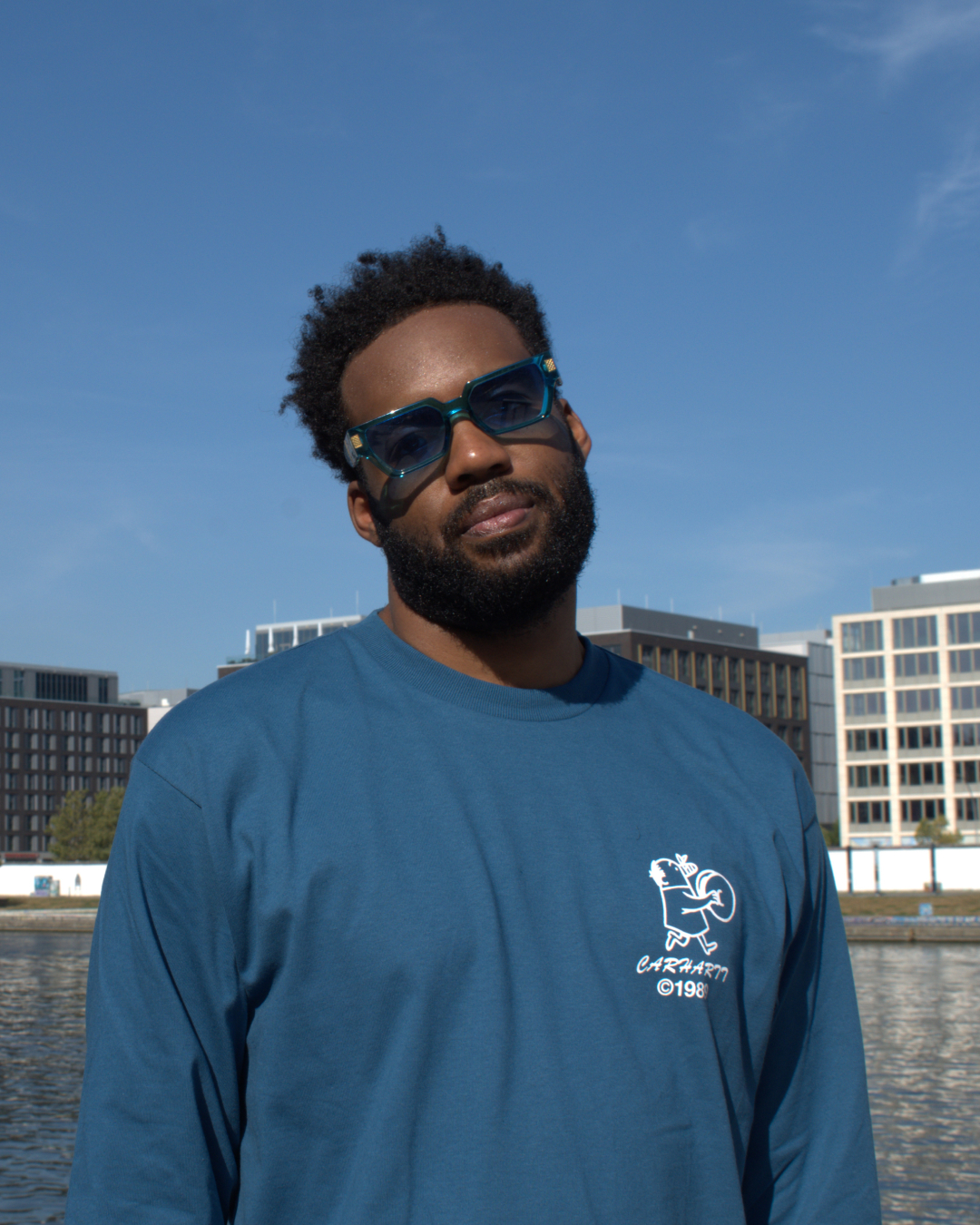
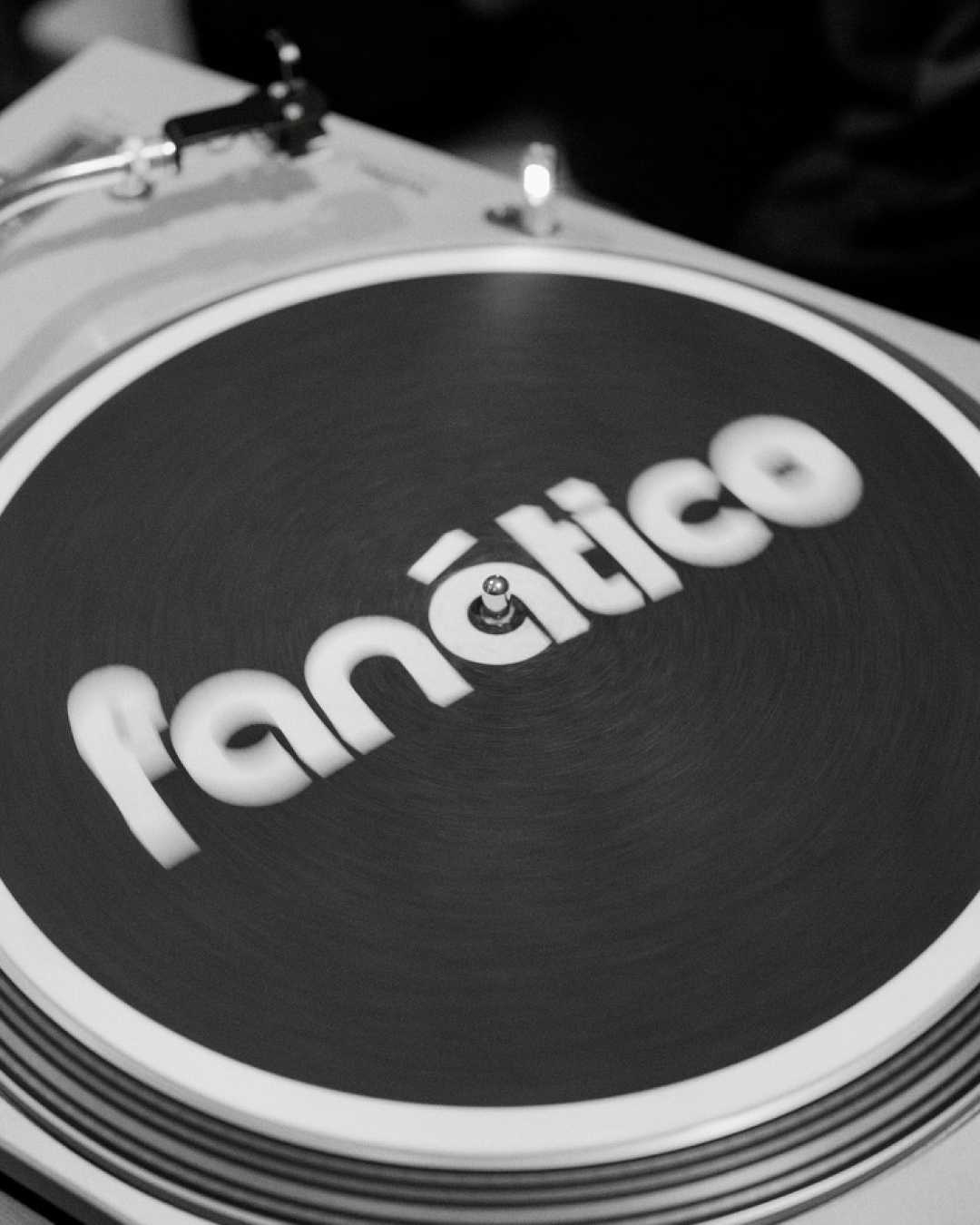
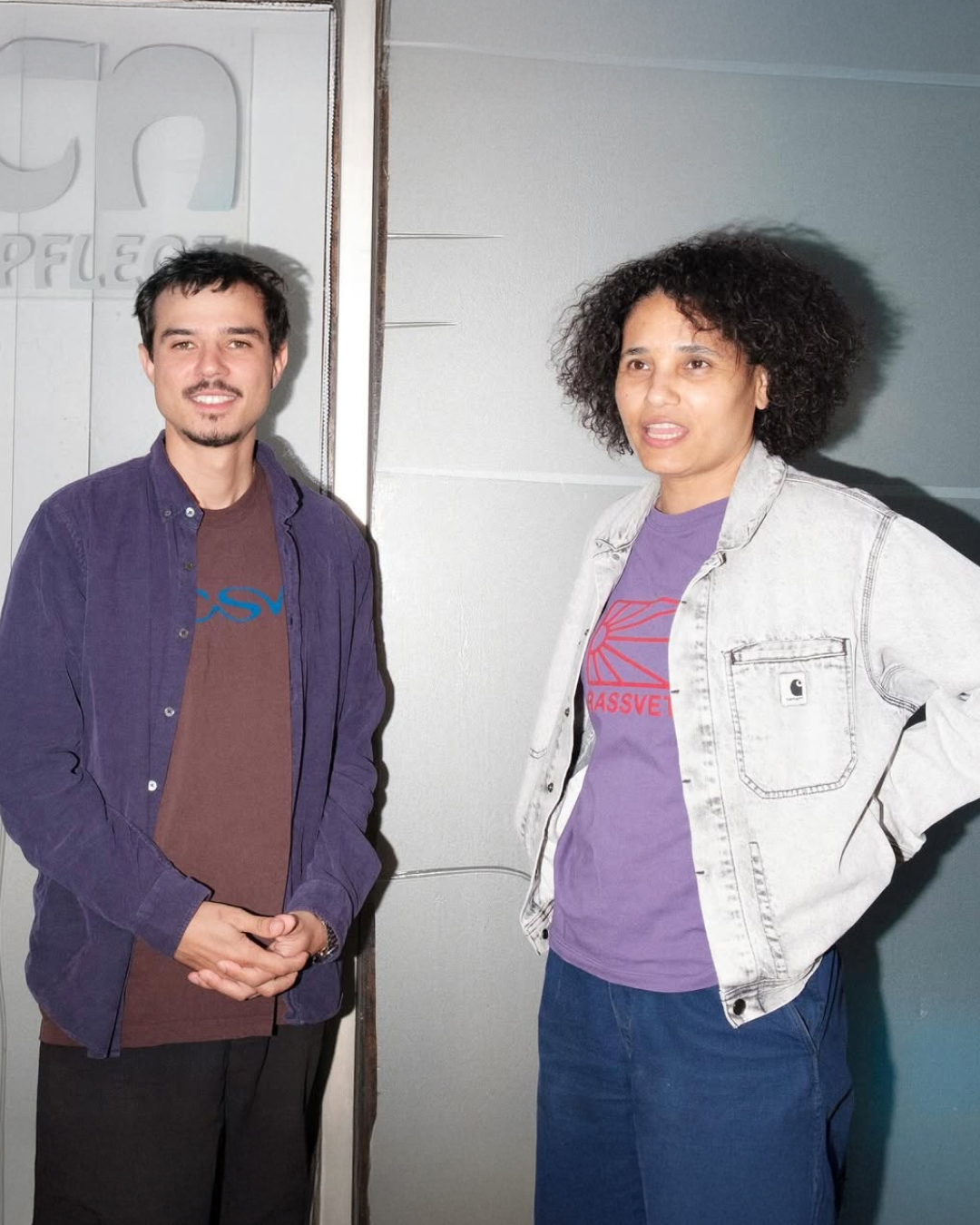
.webp)
























